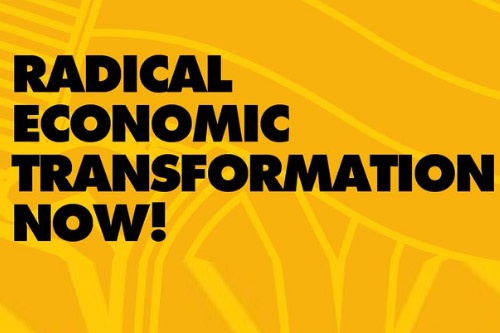In its 2020 and 2021 position papers, the Intergovernmental Fintech Working Group (IFWG), described the absence of financial regulation applicable to crypto assets as a regulatory void. In the same reports, and in attempting to address this void, the IFWG has made various proposals to amend and introduce legislation that will regulate the crypto assets industry.
On 19 October 2022, a notice was published in the Government Gazette indicating that crypto assets would constitute a “financial product” in terms of the Financial Assistance and Intermediary Services Act 37 of 2022 (FAIS). This means that any provision in FAIS that applies to a “financial product” would apply to crypto assets, as defined in the notice. The notice defines “crypto assets” as a digital representation of value that:
- is not issued by a central bank, but is capable of being traded, transferred or stored electronically by natural and legal persons for the purpose of payment, investment and other forms of utility;
- applies cryptographic techniques; and
- uses distributed ledger technology.
Pursuant to the FAIS notice, a question has arisen as to whether it has an impact on the exchange control position in relation to crypto assets. In this article, we briefly consider this.
Existing exchange control regulation
Prior to 2022, the regulation of crypto assets was not expressly dealt with under the Exchange Control Regulations, 1961 or the Currency and Exchanges Manual for Authorised Dealers (AD Manual). The Financial Surveillance Department of the South African Reserve Bank (FinSurv) had issued guidance on its website (which was still published there at the time of writing) indicating that persons were not allowed to export capital through crypto assets, as this would constitute an unlawful export of capital under regulation 10(1)(c) of the Exchange Control Regulations. However, pursuant to the 2022 Budget, FinSurv issued a number of circulars, which for the first time expressly gave permission for certain transactions in relation to crypto assets. The content of these circulars is included in the latest version of the AD Manual. Most significantly, it was expressly stated that South African individuals could make use of their annual single discretionary allowance (R1 million) and their annual foreign capital allowance (R10 million) to acquire crypto assets abroad. We discussed this in one of our previous Tax and Exchange Control Alerts.
Existing tax regulation
From a tax perspective, crypto assets are defined as “financial instruments” under the Income Tax Act 58 of 1962 (ITA). Therefore, any provision in the ITA that applies to “financial instruments” will also apply to crypto assets. Furthermore, in relation to specific types of transactions, including trading in cryptocurrency or crypto assets, the general income tax principles will apply to determine whether the amount that accrues to a person pursuant to a crypto asset transaction, is capital or revenue in nature. For example, the trading in crypto assets as part of a profit-making scheme will be taxed on revenue account. The tax consequences of other transactions, such as staking or pooling of crypto assets,
will also be determined with reference to these capital/revenue and general income tax principles. There are also provisions in the Value-Added Tax Act 89 of 1991 that apply to the supply of cryptocurrency, being an exempt supply, unless it is for consideration.
Impact of the FAIS regulation and looking ahead
While the FAIS regulation brings crypto assets within the remit of FAIS, it does not appear to impact the tax and exchange control rules currently applicable to crypto assets. The rules discussed above still apply and it therefore remains to be seen whether the tax and exchange control rules will be amended, pursuant to the FAIS notice.
From a tax perspective, it is possible that at some point, providers of services in relation to crypto assets, such as crypto asset service providers (as they are referred to by the IFWG), will be required to submit third party data to the South African Revenue Service (SARS), similar to the way in which banks and financial institutions are required to. This would make it easier for SARS to enforce tax compliance in relation to the transactions concluded by taxpayers with crypto assets on the platforms administered by crypto asset service providers.
From an exchange control perspective, it is anticipated, as announced in the 2022 Budget Review, that the Exchange Control Regulations may be amended to specifically include “crypto assets” in the definition of “capital”, similar to the inclusion of “intellectual property” in the “capital” definition a few years ago.
Article: The Tax Faculty




